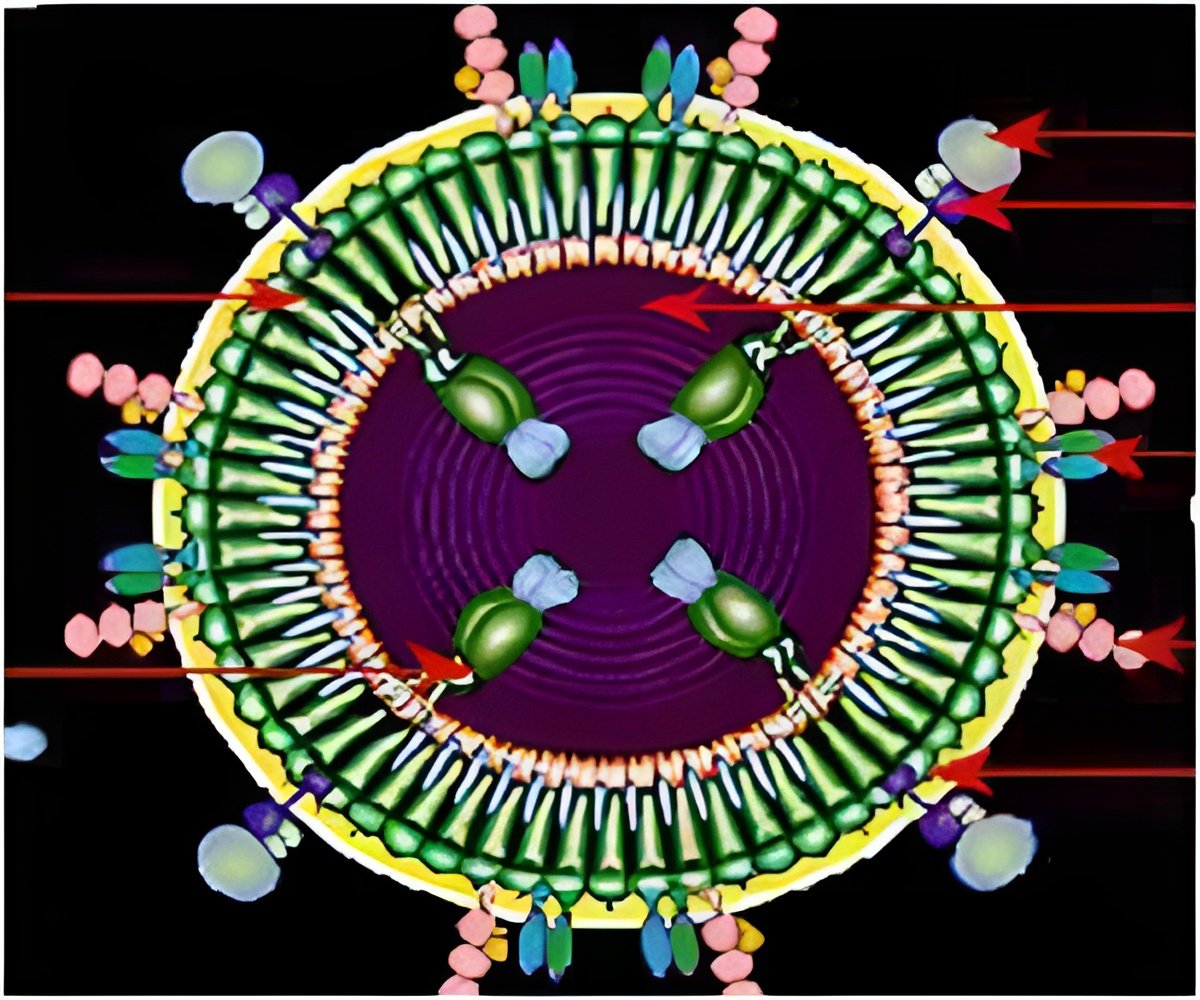Researchers at UCLA suggest that the body can clear itself of chronic infection when a protein critical to the immune response is temporarily blocked.

"When cells confront viruses, they produce type-1 interferons, which trigger the immune system's protective defenses and sets off an alarm to notify surrounding cells," explained principal investigator David Brooks, assistant professor of microbiology, immunology and molecular genetics at UCLA's David Geffen School of Medicine and College of Letters and Sciences. "Type-1 interferon is like the guy in the watch tower yelling, 'red alert,' when the marauders try to raid the castle."
Scientists have long viewed IDF-1 as beneficial, because it stimulates antiviral immunity and helps control acute infection. Blocking IDF-1 activity, they reasoned, would allow infection to run rampant through the immune system.
On the other hand, prolonged IFN-1 signaling is linked to many chronic immune problems. The research team wondered whether obstructing the signaling pathway would enable the immune system to recover enough to fight off chronic infection.
To test this theory, Brooks and his colleagues injected mice suffering from chronic viral infection with an antibody that temporarily blocked IFN-1 activity.
Much to their surprise, they discovered that giving the immune system a holiday from IFN-1 boosted the body's ability to fight the virus. Stunningly, the respite also reversed many of the immune problems that result from chronic infection, such as a rise in proteins that suppress immune response, continuous activation of the immune system and disruption of lymph tissue.
Advertisement
"What we saw was entirely illogical," admitted Brooks. "We'd blocked something critical for infection control and expected the immune system to lose the fight against infection. Instead, the temporary break in IFN-1 signaling improved the immune system's ability to control infection. Our next task will be to figure out why and how to harness it for therapies to treat humans."
Advertisement
Uncovering this mechanism could offer potential for new therapies to tackle viruses like HIV and hepatitis C, according to Brooks. The team's next step will be to pinpoint how to sustain IFN-1's control of the virus while blocking the negative impact that chronic IFN-1 activity wreaks on the immune system.
Source-Eurekalert












